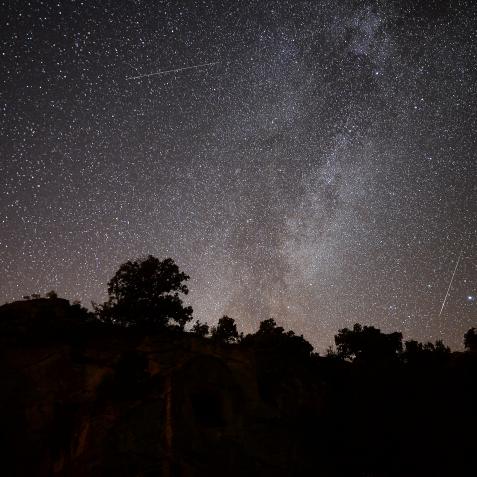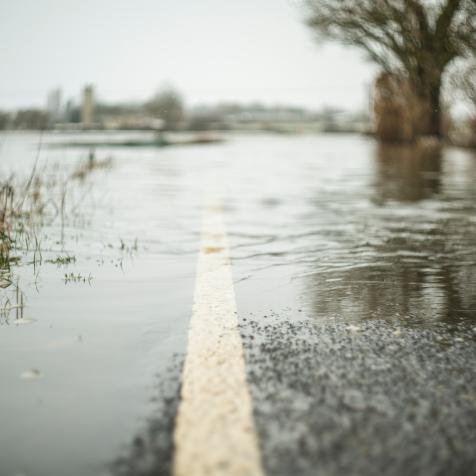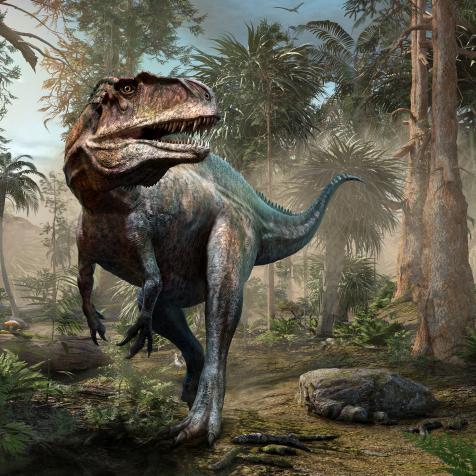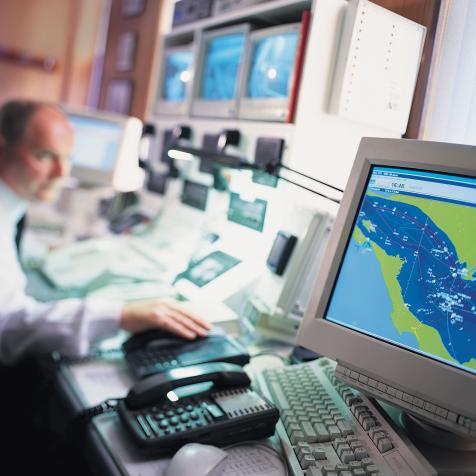
Westend61
Get Celestial with Lowell Observatory LIVE!
Our friends at Lowell Observatory are serving up our solar system on a platter live!
The night sky is never still and there are a few special events happening in the next few weeks that the astronomers at Lowell Observatory are streaming live so you can enjoy them from home.
Venus and Pleiades are NOT Social Distancing
Every eight years, Venus appears to pass through the Pleiades star cluster. It is a majestic sight called a conjunction that is a result of the incredible geometries of the solar system. Lowell will go Live from Flagstaff, Arizona at 9 PM Eastern/6 PM Pacific Friday, April 3rd with a stream of this celestial conjunction. Check out this video about what you can expect to see on Friday!
And the Award for the Brightest Moon of 2020 Goes To...
The Pink Supermoon! It won't be pink, per say, but it will be the brightest full moon of 2020! Be sure to follow Lowell Observatory on Instagram for all the latest Pink Supermoon news. They will be once again going live from Arizona to check in on the moon and get everyone a good look at it! This will happen on Tuesday, April 7th begining at 6:30 PM Eastern/3:30 PM Pacific with activities for kids and continuing through the moon rise.
Fun for the Whole Family!
You can find Lowell Observatory Camps for Kids on Facebook, where there are weekly videos of fun experiments you can tackle at home! Can you build a Pluto Rover with things from around your house or determine the speed of light in Jell-o?












































































